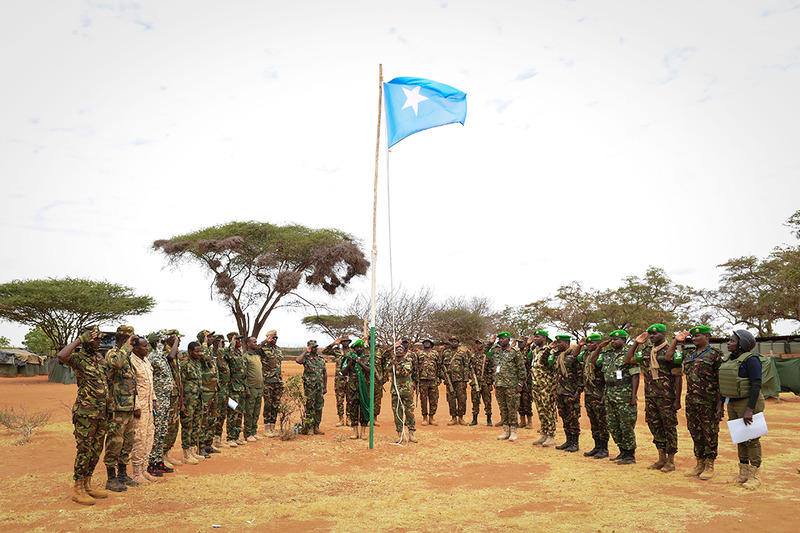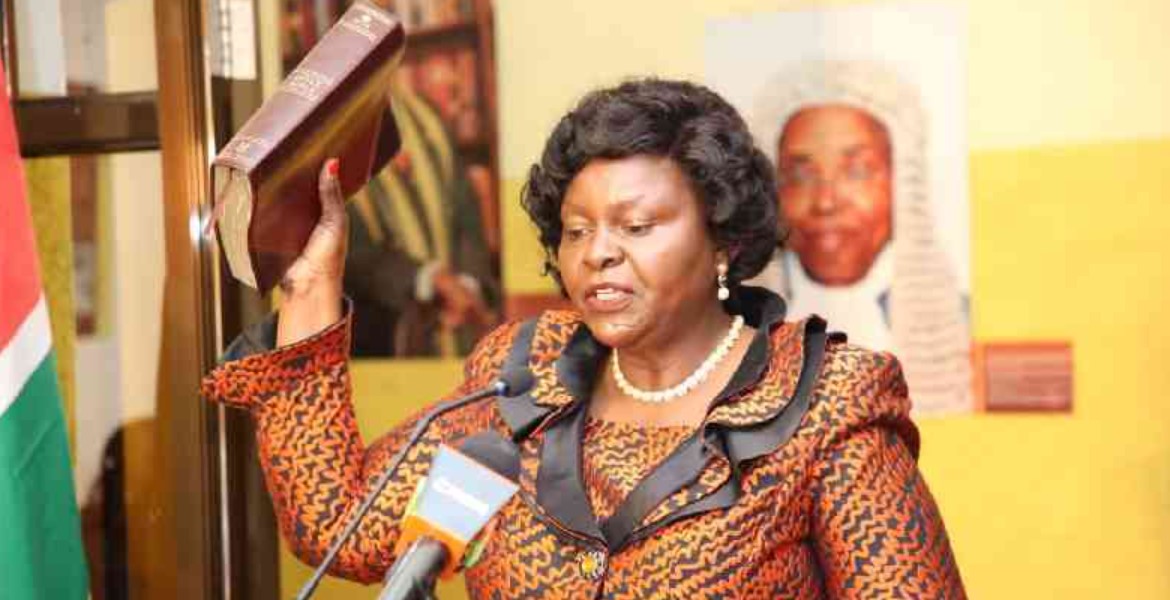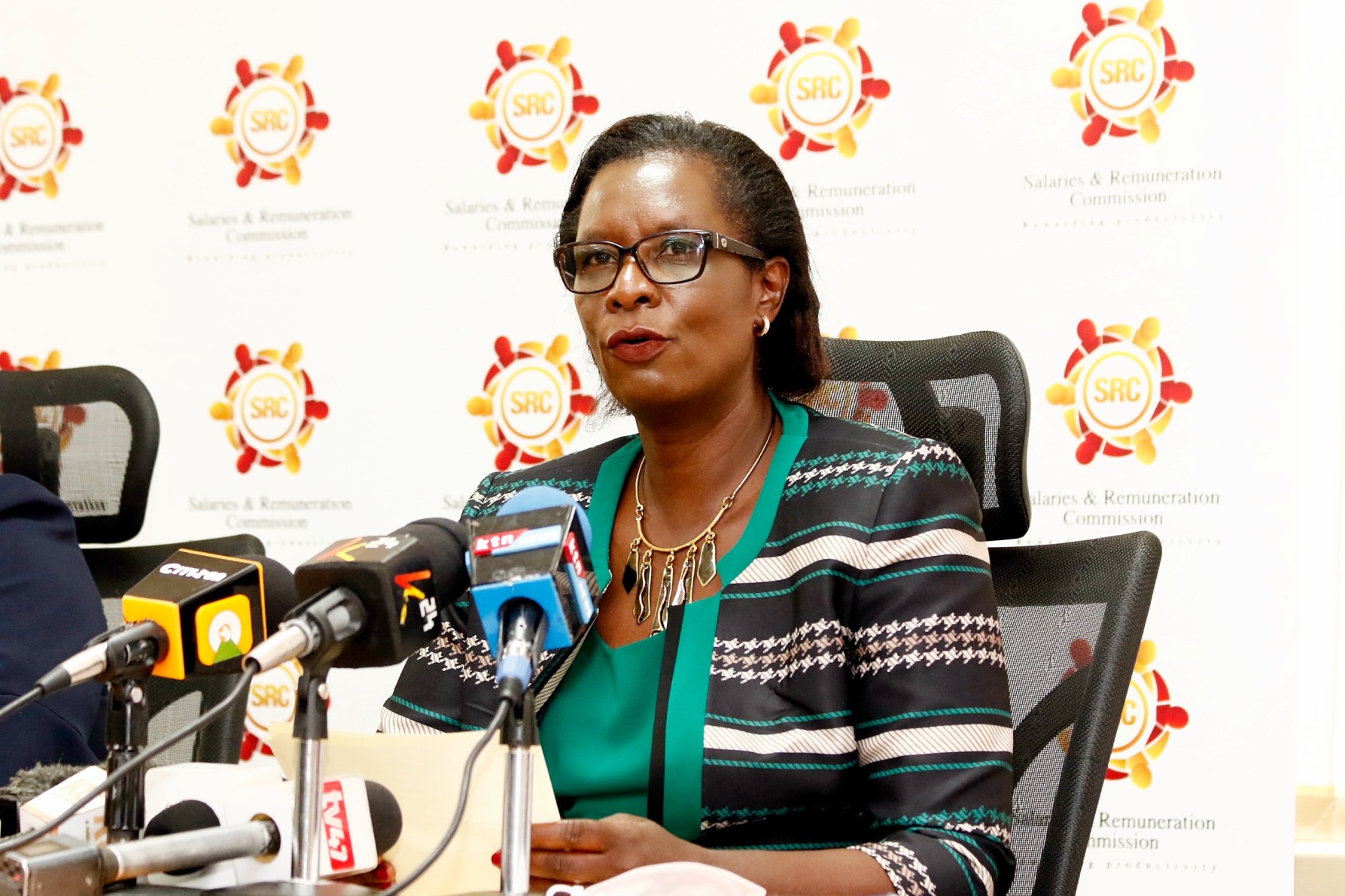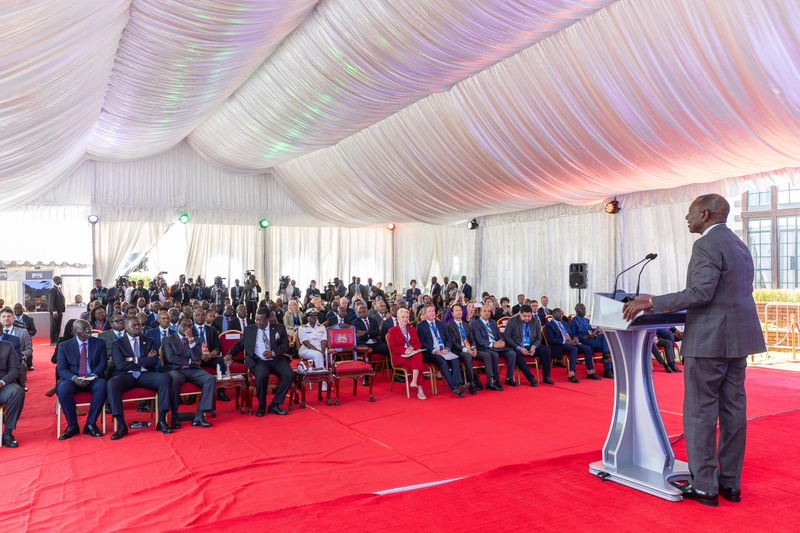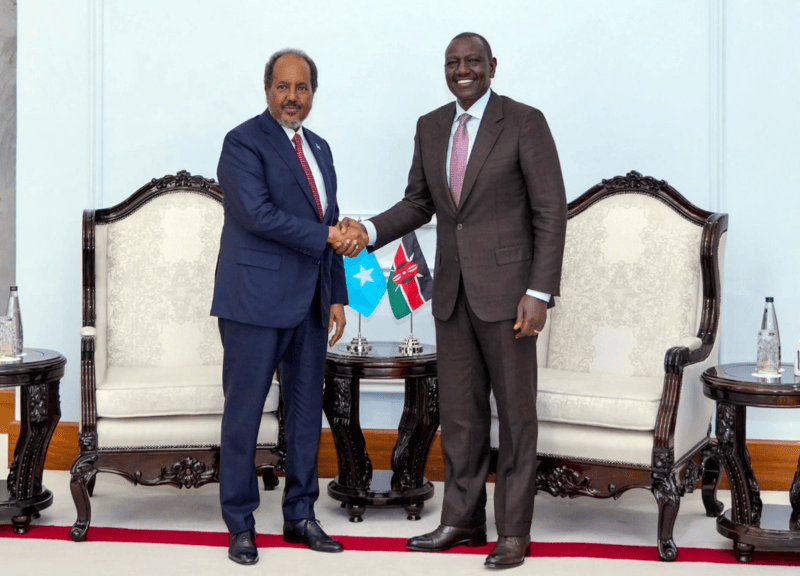Somali army liberates town from Al-Shabaab militants
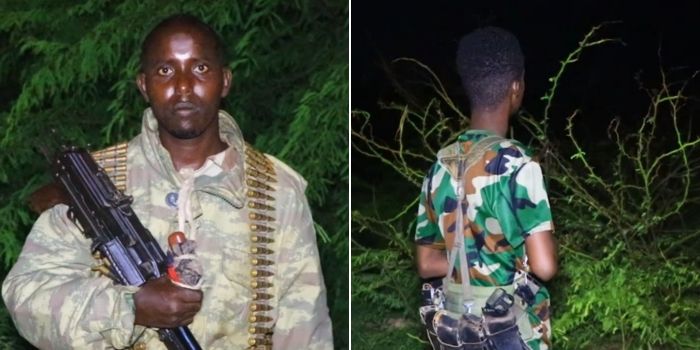
By Yunis Dekow |
During the operation, Al-Shabaab militants offered minimal resistance, opting to retreat as the Somali Army, the ground forces component of the Somali National Armed Forces (SNAF), and local clan forces advanced.
The Somali National Army (SNA), supported by local clan militias, has liberated Jalalaqsi town in the Hiran region from Al-Shabaab militants following a successful military offensive.
Jalalaqsi, situated approximately 160 kilometres north of Mogadishu, is renowned for its trading and agricultural activities along the banks of the Shabelle River.
Keep reading
- Somalia declares Ethiopian diplomat persona non grata, orders him to leave country in 72 hours
- Somalia security cameras aim to cut Al-Shabaab attacks but militants fight back
- Turkey to seek improved Africa cooperation in Djibouti talks, officials say
- Somalia CCTV cameras aim to cut Shabaab attacks but traders feel trapped
The river originates in the Ethiopian highlands, flows southward for about 1,100 kilometres, and merges with the Juba River near the Indian Ocean, providing crucial irrigation for crops in the fertile valleys.
During the operation, Al-Shabaab militants offered minimal resistance, opting to retreat as the Somali Army, the ground forces component of the Somali National Armed Forces (SNAF), and local clan forces advanced.
The takeover marks a significant victory, as Jalalaqsi has been under Al-Shabaab's control for over a decade and has recently been a focal point of President Hassan Sheikh Mohamud's efforts to mobilise local resistance against the extremist group.
Abukar Mohamed Hassan Mohamud, spokesperson for the Somali Ministry of Defence, said the joint operation's success in liberating key territories, including Burweyn and Shaw, which had been under Al-Shabaab's grip for decades.
He praised the coordinated efforts of the SNA, other security organs, regional forces from Galmudug, Hirshabelle, and Jubaland, and local clan forces fighting alongside the government.
He urged them "to remain committed to restoring peace and facilitating civilian return and reconstruction efforts."
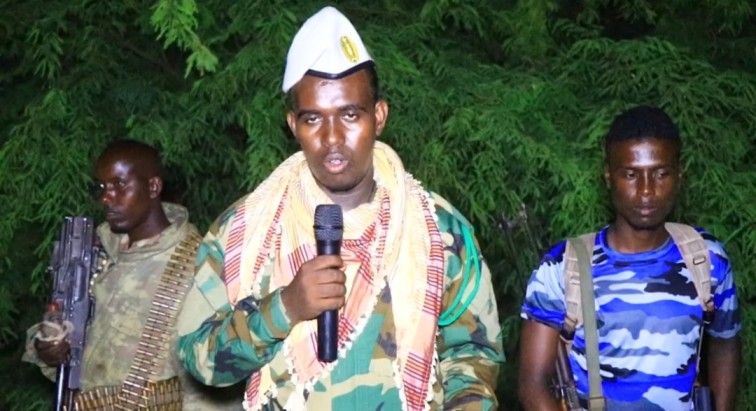 Abukar Mohamed Hassan Mohamud, spokesperson for the Somali Ministry of Defence, addresses Somali soldiers in the Lower Shabelle region of Somalia on Thursday. (Photo: Handout)
Abukar Mohamed Hassan Mohamud, spokesperson for the Somali Ministry of Defence, addresses Somali soldiers in the Lower Shabelle region of Somalia on Thursday. (Photo: Handout)
Second Lieutenant Abukar Hassan stated that the recent military operations in Hiraan and other regions, including Lower Shabelle, Bay, Lower Juba, Galgadud, and Mudug, had been executed simultaneously.
"These efforts are crucial as we aim to secure all parts of the Hiran region from Al-Shabaab's influence," he said.
The liberated towns from the terrorists face numerous challenges, including the destruction of infrastructure, including homes, schools, and hospitals, leaving hundreds without essential services and safe shelter.
"The 17th Division of Danab Commanders oversaw the destruction of facilities used by the militants for their illegal operations in Bariire," reported the Defence Ministry.
Local residents in Barrie district, which is approximately 30 km from Afgoye, confirmed witnessing the deaths of 20 members of the Somali militant organisation Al-Shabaab during the clashes in the area with authorities.
Also, military operations led by the National Intelligence and Security Agency (NISA) and the Somali National Army's 4th October Division targeted Janale, Mushani, Baslay Daud, and Ugunji, all areas previously controlled by the Al-Qaeda-aligned group.
The Department of Defence has also confirmed that the road between Kismayo and Afmadow has been reopened to the public. Previously under Al-Shabaab control, the reopening of the road will boost logistical and strategic advancement for civilians and security forces.
It will also enhance Somali and Kenyan troops' ability to reinforce their positions, supply fighters, and maintain connectivity between captured territories.
This consolidates the security forces' gains and exerts pressure on Al-Shabaab as the country prepares to take over responsibility for its security provision and state functions.
The reopening followed the defeat of the terrorist elements by Danab commanders and the Jubaland Daraawiish Force. The Daraawiish is a paramilitary unit that serves as the security force for Jubaland, an autonomous region in southern Somalia.
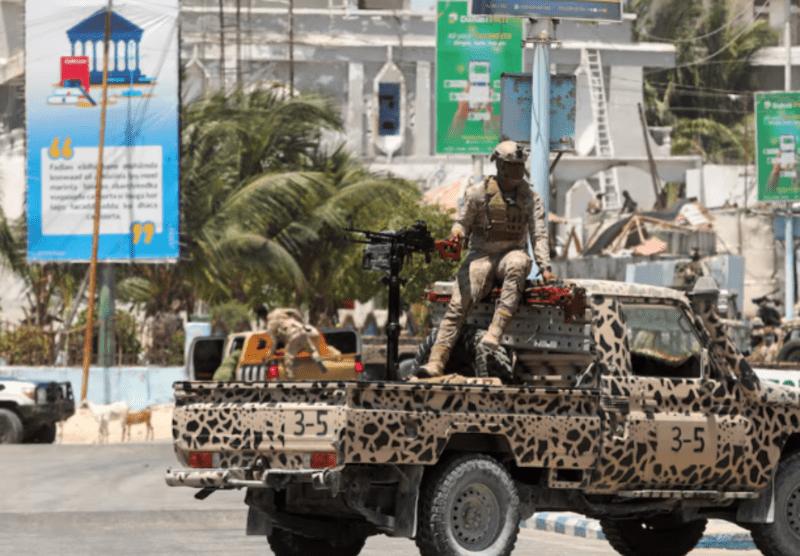 A Somali security officer holds a position on their open truck near the Syl Hotel, the scene of an Al Qaeda-linked Al Shabaab group's attack in Mogadishu, Somalia, on March 15, 2024. (Reuters)
A Somali security officer holds a position on their open truck near the Syl Hotel, the scene of an Al Qaeda-linked Al Shabaab group's attack in Mogadishu, Somalia, on March 15, 2024. (Reuters)
Since October 2011, the Kenyan Defence Forces (KDF) have actively combated Al-Shabaab in Somalia's Linda Nchi Operation.
The KDF captured Afmadow and headed to the key port city of Kismayo. At the time, it was the largest economic source and stronghold of the militants.
Kismayo's strategic importance made it a focal point in the military campaign, which allied with the Raskamboni Brigade to further degrade Al-Shabaab's operational capabilities in Somalia.
SNAs Seventh Division has also liberated the route, enabling citizens to travel the 59-kilometre journey from Afgooye to Wanlaweyn without encountering obstacles for the first time.
2nd Lt. Abukar Hassan praised the efforts of the Somali National Armed Forces (SNAF) in restoring peace and stability to Somalia and the broader region.
"The victories mark progress in the Somali Security Forces mission to weaken the group's presence and influence in the region," the Defence Ministry said.
Mr. Abukar said these recent gains are evidence of the Somali Forces' increasing capability to assume full security responsibilities as the African Union Transition Mission in Somalia (ATMIS) prepares to complete its drawdown this year.
"We stand resolute in our determination to reclaim every inch of Somali territory. The army will protect and commit to restoring peace and reclaiming sovereignty across our land."
Reader comments
Follow Us and Stay Connected!
We'd love for you to join our community and stay updated with our latest stories and updates. Follow us on our social media channels and be part of the conversation!
Let's stay connected and keep the dialogue going!
Latest News For You
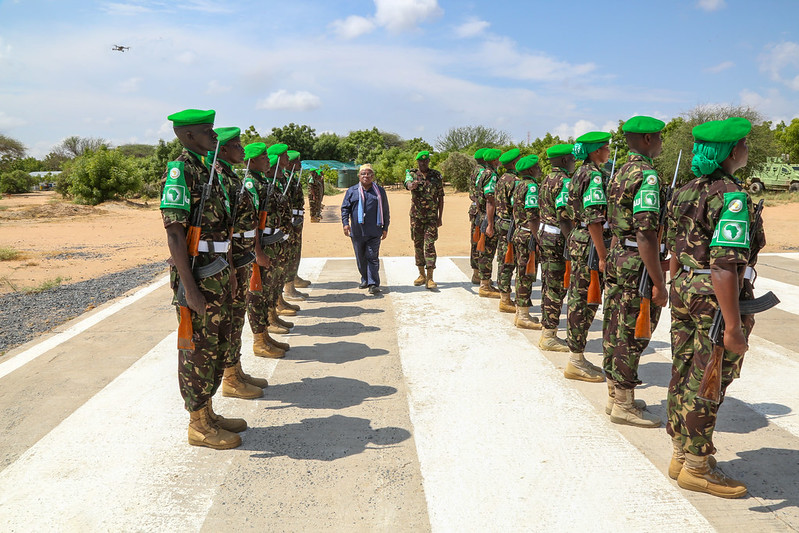
![[Photos] Somalia’s first bowling club opens in Mogadishu](https://publish.eastleighvoice.co.ke/mugera_lock/uploads/2024/10/bowling-2.jpg)
[Photos] Somalia’s first bowling club opens in Mogadishu
